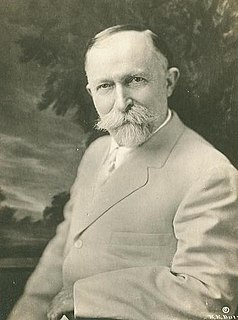A Quote by John Harvey Kellogg
I believe in the unconscious state of the mind in death.
Quote Topics
Related Quotes
The child's mind is not the type of mind we adults possess. If we call our type of mind the conscious type, that of the child is an unconscious mind. Now an unconscious mind does not mean an inferior mind. An unconscious mind can be full of intelligence. One will find this type of intelligence in every being, and every insect has it.
You have to learn to trust - and listen to - your unconscious mind. If you pose the question to your unconscious "is this person a friend or a foe" - safe or a threat - your unconscious mind is hard-wired to assess that brilliantly for you. It's just that we're not very good at paying attention to what our unconscious minds are telling us.
From a Buddhist point of view, the actual experience of death is very important. Although how or where we will be reborn is generally dependent on karmic forces, our state of mind at the time of death can influence the quality of our next rebirth. So at the moment of death, in spite of the great variety of karmas we have accumulated, if we make a special effort to generate a virtuous state of mind, we may strengthen and activate a virtuous karma, and so bring about a happy rebirth.
When we speak of a calm state of mind or peace of mind, we shouldn't confuse that with an insensitive state of apathy. Having a calm or peaceful state of mind doesn't mean being spaced out or completely empty. Peace of mind or a calm state of mind is rooted in affection and compassion and is sensitive and responsive to others.
No one yet understands the mysterious intelligence within plants or the implications of the idea that nature communicates in a basic chemical language that is unconscious but profound. We do not yet understand how hallucinogens transform the message in the unconscious into revelations beheld by the conscious mind.
































